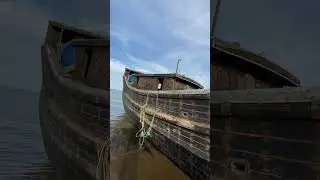Intelligent Underwater Robotics: Adapting to Dynamic Environments
Presenter(s): Dr. Corina Barbalata, Louisiana State University, Department of Mechanical and Industrial Engineering
Abstract: Underwater robots have gained research attention in the past years as they can expand our knowledge of the oceans and perform dangerous tasks in extreme environments. However, these robotic systems are expensive, require large infrastructures for deployment, and the commercially available systems are either teleoperated or have pre-programmed missions that are not adaptable to changes in the environment or the system. Achieving full autonomy and long-term deployments for marine robots requires addressing limitations in system modeling and predictive behaviors, scene understanding, control and planning, and energy management. This talk will focus on the steps taken to create intelligent marine robots capable of adapting to environmental changes and hardware limitations, by looking at predictive models, model-based control and planning architectures, and perception systems for underwater robots that explore the environment.
Bio(s):
Dr. Corina Barbalata is an Assistant Professor in the Department of Mechanical and Industrial Engineering, at Louisiana State University (LSU). She is the co-director of the iCORE Laboratory and a fellow in the Coastal Studies Institute at LSU. She is also the co-director of the High-School Student Research Program in the College of Engineering at LSU. She received the NSF Career Award in 2024. Her research interests are in physics- and data-driven modeling of vehicle-manipulator systems, development of model-based control structures for autonomous robotic systems, and scene understanding and interpretation for robotic navigation. Her application domains are marine robotics and industrial automation.



















